A cornerstone of SEA programs is the opportunity for students to gain hands-on field-based research in ocean sciences and blue humanities. Guided by our faculty, students are offered the opportunity to contribute to new aspects of ongoing research or develop their own avenues of inquiry. Upon arriving at SEA, students work with faculty to develop their hypothesis and project that they will carry out in the field. This experience enhances students’ understanding of marine science and policy while expanding their practical skills in data collection, analysis, and problem-solving.
Upon completion of their SEA program, many students continue to build on their research using field data collected at SEA as the basis of their capstone or senior thesis projects. Others remain involved in the research they contributed to during their time at SEA, and are subsequently invited as co-authors on presentations and publications resulting from their work.
Explore the samples of past student research and the major avenues of research conducted by SEA students, faculty and staff.
REsearch
Areas of Research
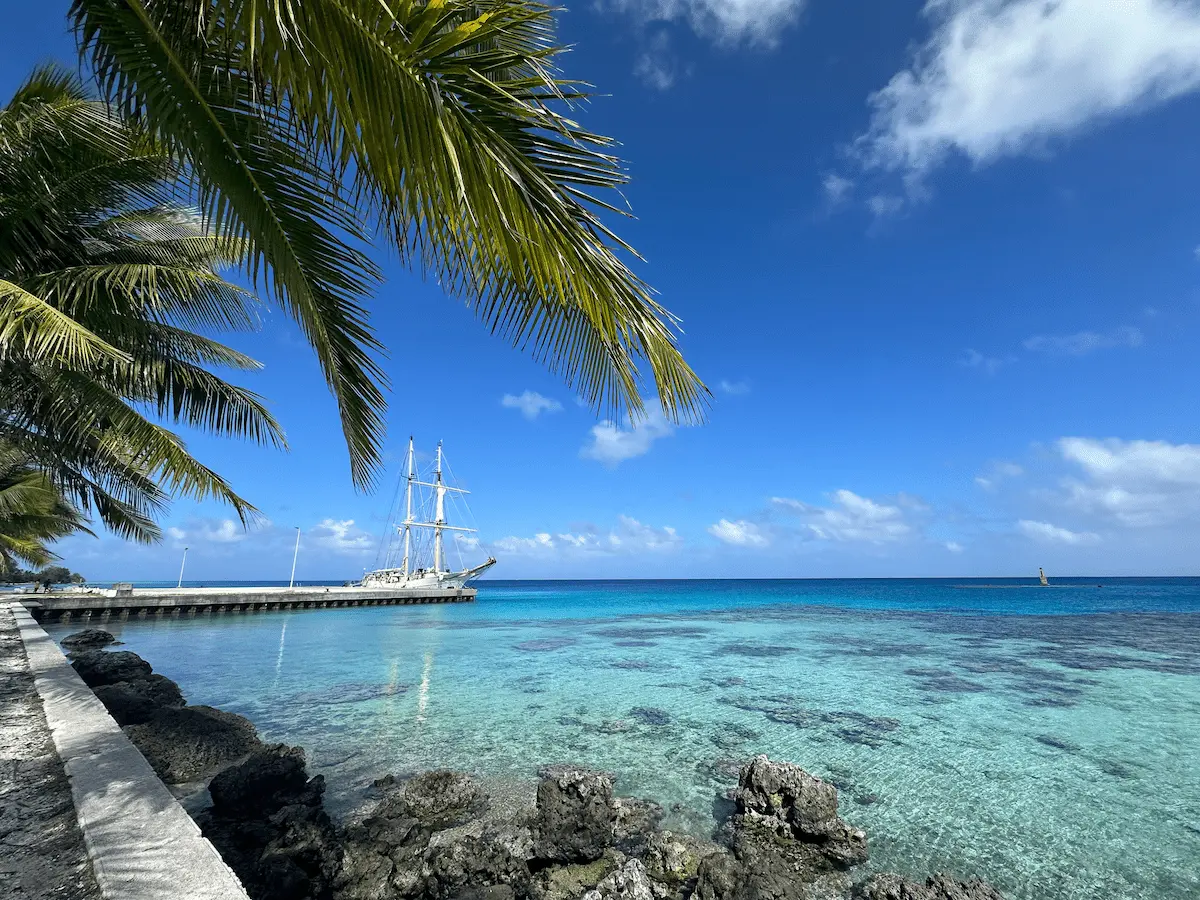
Coastal and Ocean Policy
SEA’s programs immerse students in coastal communities, providing first-hand experience with local policy and conservation efforts. Students engage with community experts, local politicians, naturalists, and scientists to understand the cultural and policy impacts on ocean conservation. These interactions highlight the intricate relationship between policy, culture, and environmental stewardship, offering a comprehensive understanding of how local policies shape conservation efforts globally.
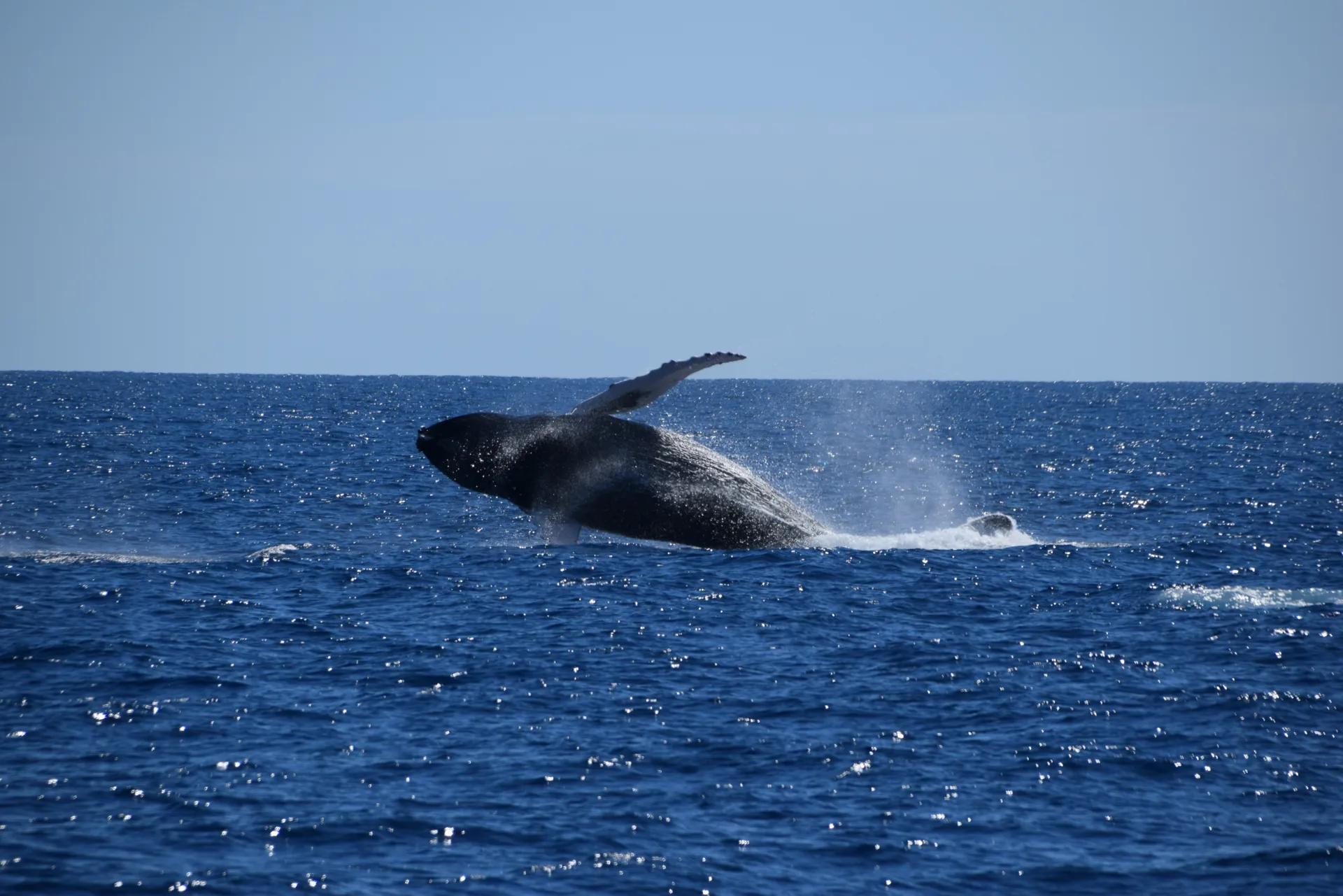
Biodiversity
Students at SEA are exposed to the rich biodiversity of Cape Cod and the various ecosystems they study. Through hands-on experiences and field research, students explore diverse marine life and habitats, gaining a deeper understanding of the complexities of marine biodiversity. This knowledge is further enhanced by engaging with local experts and participating in research that contributes to the conservation of marine species and habitats.
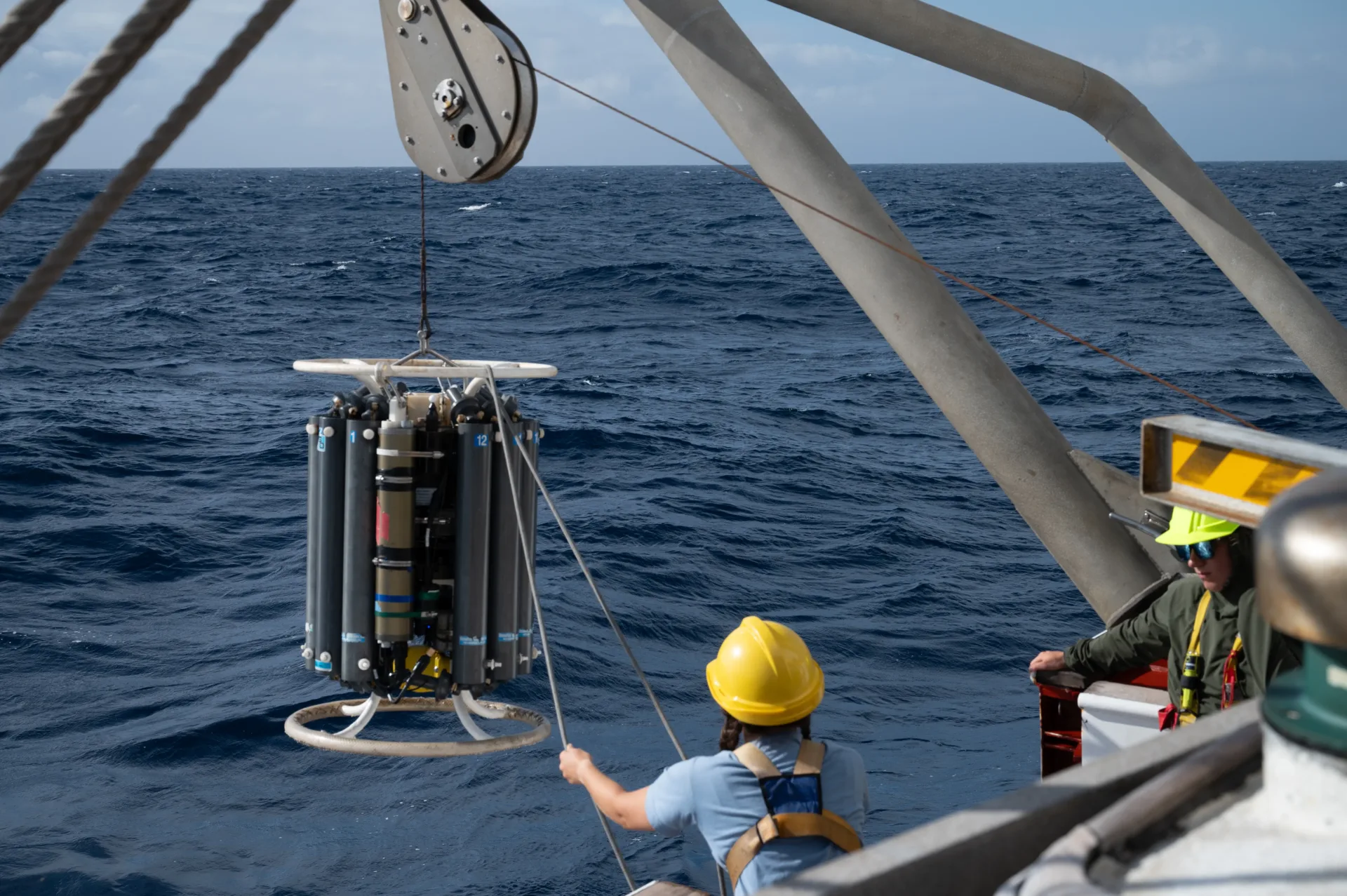
Field Oceanography
Field oceanography is a cornerstone of SEA’s programs, where students deploy equipment, collect samples, and conduct measurements at sea. This hands-on approach allows students to apply theoretical knowledge in real-world settings, gaining practical skills in data collection and analysis. The rotating watch schedule ensures that students are actively involved in the operational aspects of oceanographic research, fostering a comprehensive learning experience.
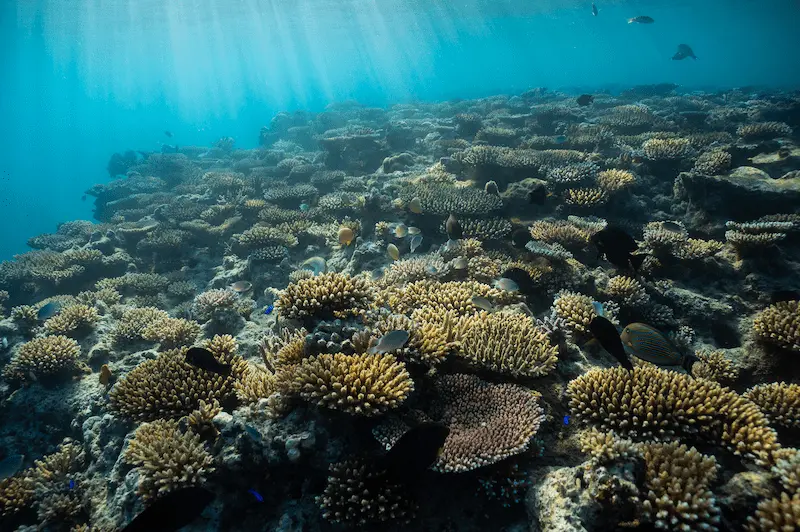
Coral Reef Conservation
During their time in coastal communities, SEA students study the impact of climate change on coral reefs, particularly in regions like Polynesia. These immersive experiences enable students to observe the health of coral ecosystems and understand the conservation efforts needed to protect these vital marine habitats. Interactions with local scientists and conservationists provide insights into the challenges and strategies involved in coral reef preservation.

Marine Environmental History
SEA’s programs include visits to historical museums and scientific institutions, offering students access to primary sources that illuminate the historical context of marine environments. These experiences help students understand the historical relationships between human societies and the ocean, and how past interactions have shaped current environmental policies and conservation efforts.

Cultural Sustainability
In coastal communities, students explore the cultural sustainability of marine environments by engaging with local cultures, such as the Māori in New Zealand. These interactions reveal how cultural practices and traditions influence and sustain marine conservation efforts. By learning from these communities, students gain a holistic understanding of the interplay between culture and environmental history.
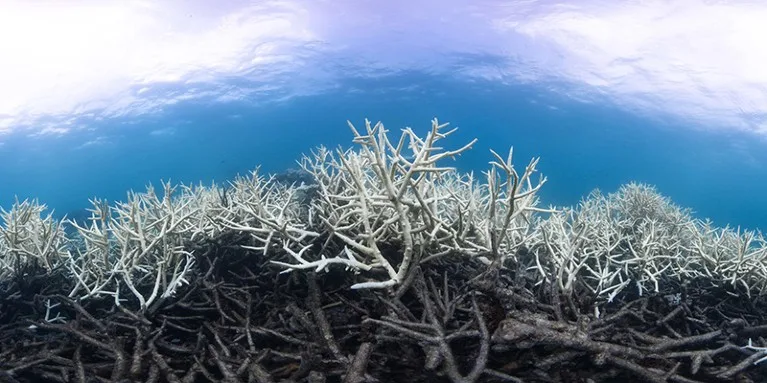
Climate Change
Climate change is a recurring theme in SEA’s curriculum, with a focus on its impact on marine ecosystems. Students study the effects of climate change on coastal regions and marine life, learning from leading ocean and climate experts. This knowledge is further enriched by field experiences that demonstrate the real-world implications of climate change and the urgent need for sustainable solutions to mitigate its impact on the oceans.